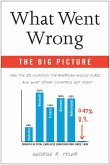
1,97 €
inkl. MwSt. und vom Verlag festgesetzt.
Sofort per Download lieferbar
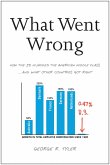
9,88 €
inkl. MwSt. und vom Verlag festgesetzt.
Sofort per Download lieferbar
Ähnliche Artikel


eBook, ePUB
3. März 2016
Taylor & Francis eBooks
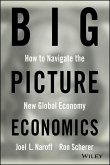
22,99 €
inkl. MwSt. und vom Verlag festgesetzt.
Sofort per Download lieferbar
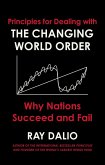
20,64 €
inkl. MwSt. und vom Verlag festgesetzt.
Sofort per Download lieferbar
eBook, ePUB
30. November 2021
Simon + Schuster LLC

7,90 €
inkl. MwSt. und vom Verlag festgesetzt.
Sofort per Download lieferbar

5,92 €
inkl. MwSt. und vom Verlag festgesetzt.
Sofort per Download lieferbar

20,95 €
Sofort per Download lieferbar
eBook, ePUB
2. September 2021
Taylor & Francis eBooks
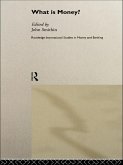
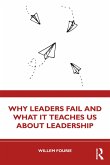
eBook, ePUB
23. Februar 2023
Taylor & Francis eBooks
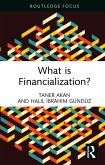
20,95 €
Sofort per Download lieferbar
Ähnlichkeitssuche: Fact®Finder von OMIKRON
